Microsoft releases new cumulative update that improves the accuracy of Windows Hello face authentication
4 min. read
Published on
Read our disclosure page to find out how can you help MSPoweruser sustain the editorial team Read more

Microsoft today released a new cumulative update KB4532695 for Windows 10, version 1909 and Windows 10, version 1903 users. These OS Builds 18362.628 and 18363.628 improve the accuracy of Windows Hello face authentication and also come with several bug fixes. Find the full change log below.
Windows 10, version 1909:
- This build includes all the improvements from Windows 10, version 1903.
- Addresses an issue that prevents File Explorer’s Quick access control from pasting clipboard content using the right mouse button (right-click).
- Addresses an issue that prevents File Explorer’s Quick access control from receiving user input.
Windows 10, version 1903:
- Improves the accuracy of Windows Hello face authentication.
- Addresses an issue with Windows Mixed Reality that occurs after upgrading to a new version of Microsoft Edge.
- Addresses an issue with download notifications that have multiple short-duration tabs and redirects.
- Addresses an issue that changes the user-customized order of tiles in the Start menu even though the layout is locked or partially locked.
- Addresses an issue that causes a grey box to appear when you search within Control Panel and File Explorer.
- Addresses an issue with a memory leak in ctfmon.exe that occurs when you refresh an application that has an editable box.
- Addresses a keyboard reliability issue for classic apps in the Windows Mixed Reality home.
- Addresses an issue that, in some instances, prevents the Language Bar from appearing when the user signs in to a new session. This occurs even though the Language Bar is configured properly.
- Addresses an issue that causes the touch keyboard to close when you select any key.
- Addresses an issue that prevents software Indirect Display drivers from being signed with more than one certificate.
- Addresses an issue that, in certain cases, causes multiplayer PC games to drop the invitation to play the game in multiplayer mode.
- Addresses an issue with unsigned program files that will not run when Windows Defender Application Control is in Audit Mode, but will allow unsigned images to run.
- Addresses an issue that causes the Local Security Authority Subsystem Service (LSASS) process to stop working when you sign in using an updated user principal name (UPN) (for example, changing [email protected] to [email protected]). The error code is, “0xc0000005 (STATUS_ACCESS_VIOLATION).”
- Addresses an issue that sometimes causes an error when you unplug a USB type C hub flash drive.
- Addresses an issue with the Always On Virtual Private Network (VPN) that fails to remove the Name Resolution Policy Table (NRPT) rules after you disconnect.
- Addresses an issue that might cause the Print Management console to display script errors when you enable the Extended View option.
- Addresses an issue that causes the Windows firewall to drop network traffic from Modern apps, such as Microsoft Edge, when you connect to a corporate network using a virtual private network (VPN).
- Addresses an issue that displays incorrect indicators for offline and online files.
- Addresses an issue with ntdsutil.exe that prevents you from moving Active Directory database files. The error is, “Move file failed with source <original_full_db_path> and Destination <new_full_db_path> with error 5 (Access is denied.)”
- Addresses an issue in which netdom.exe fails to correctly identify trust relationships when an unconstrained delegation is explicitly enabled by adding bitmask 0x800 to the trust object. The bitmask setting is required because of security changes to the default behavior of unconstrained delegations in Windows updates released on or after July 8, 2019. For more information, see KB4490425 and 6.1.6.7.9 trustAttributes.
- Addresses an issue with evaluating the compatibility status of the Windows ecosystem to help ensure application and device compatibility for all updates to Windows.
- Addresses an issue that might cause the Application Virtualization (App-V) Streaming Driver (appvstr.sys) to leak memory when you enable Shared Content Store (SCS) mode.
- Addresses an issue that corrupts a log file when a storage volume is full and data is still being written to the Extensible Storage Engine Technology (ESENT) database.
-
Addresses an issue in which code refactoring breaks optimization for writing metadata, which increases Logical Volume Integrity Descriptors (LVID).
Source: Microsoft


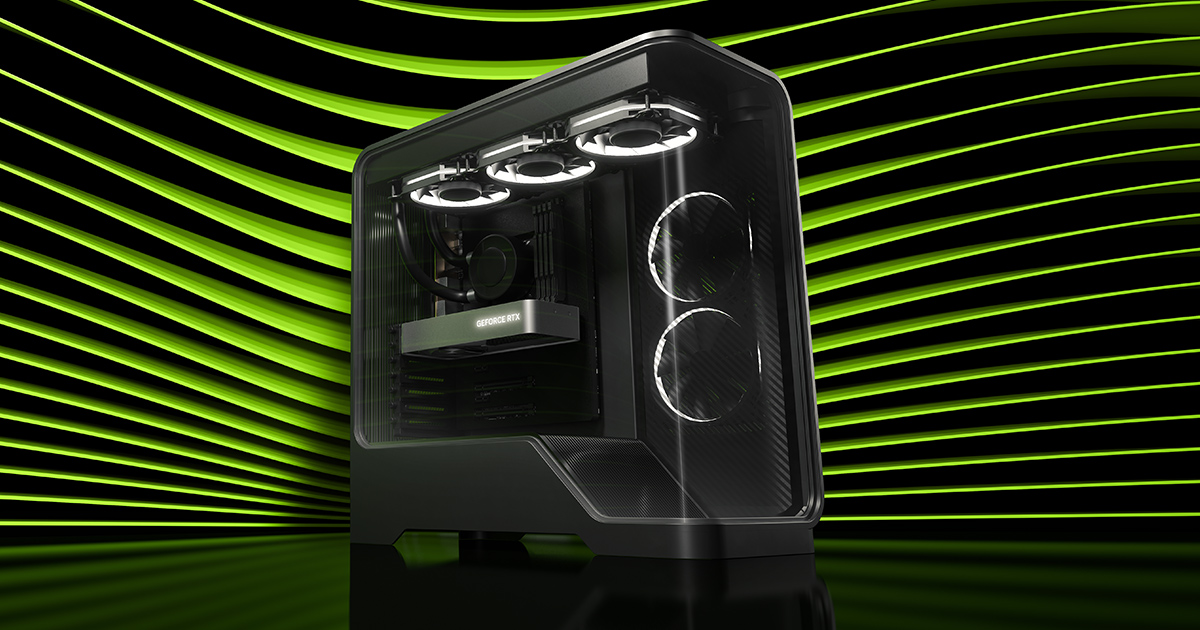


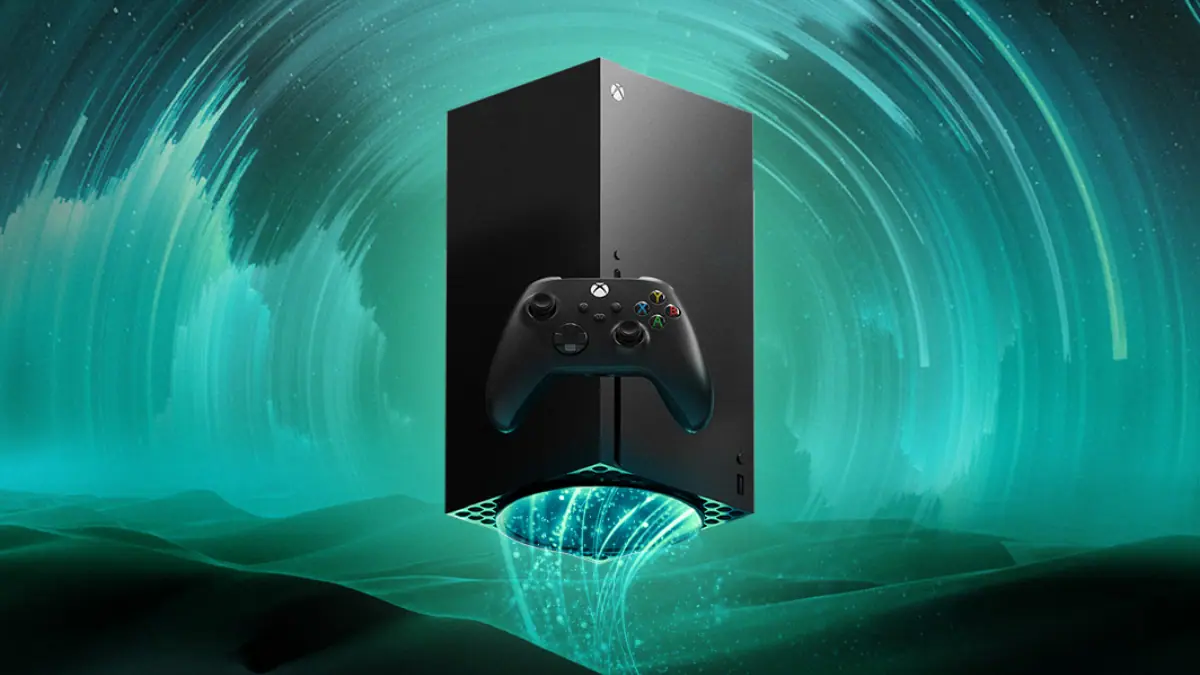
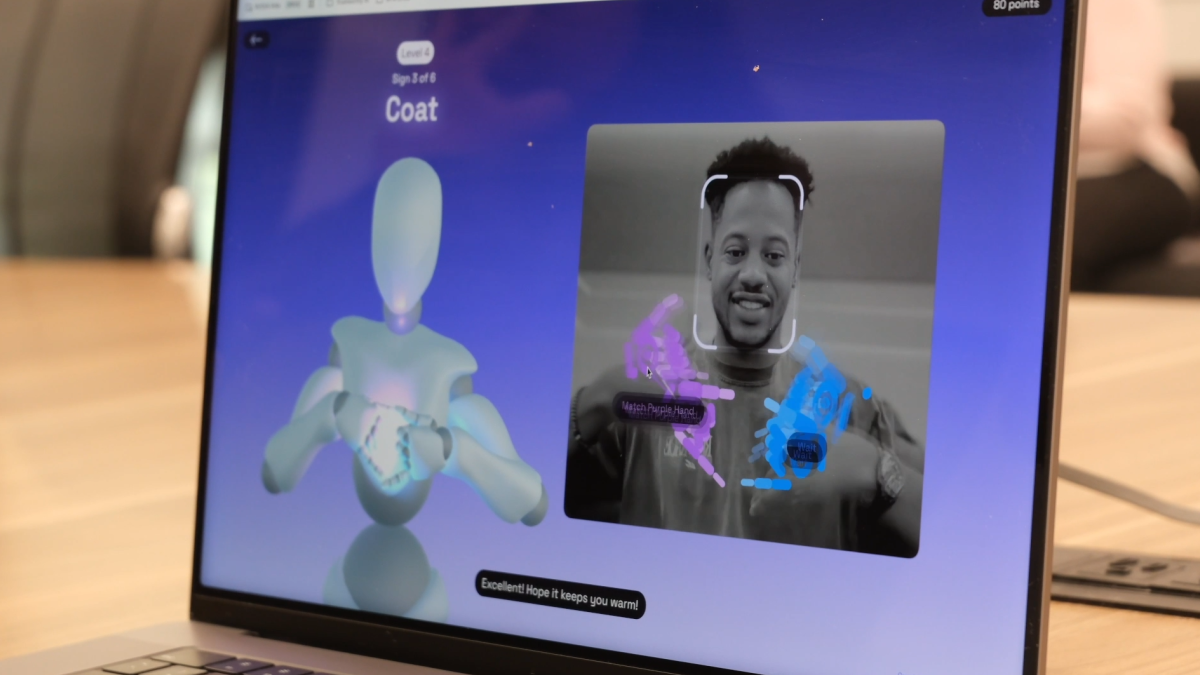

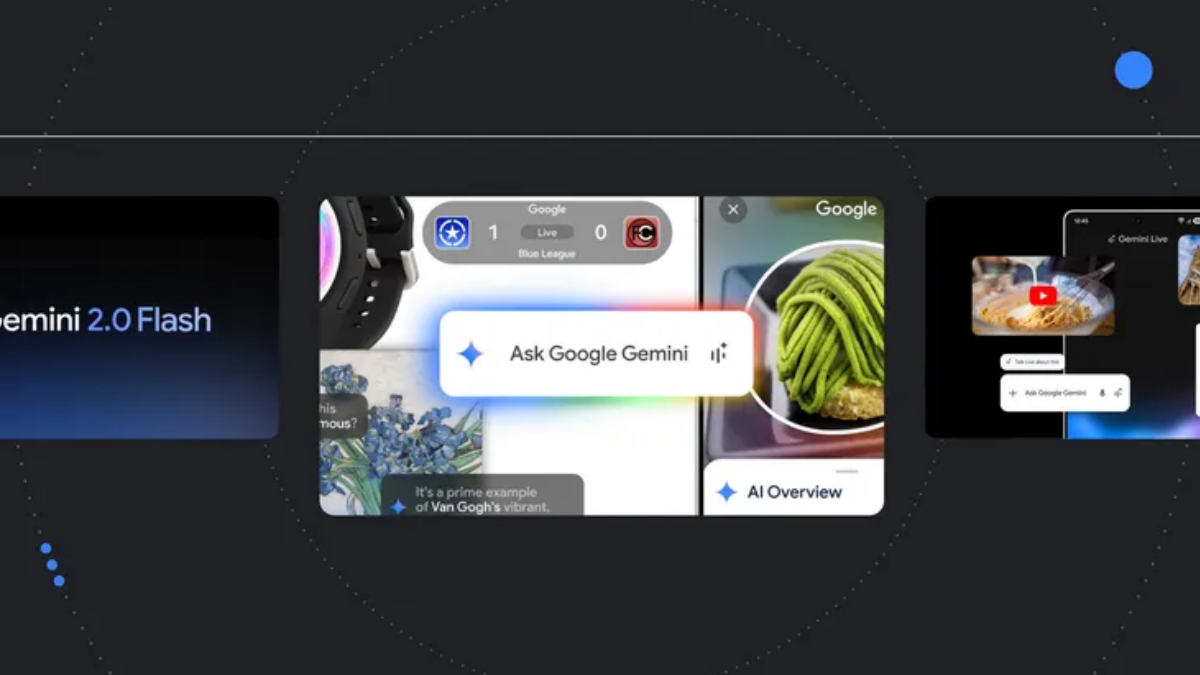
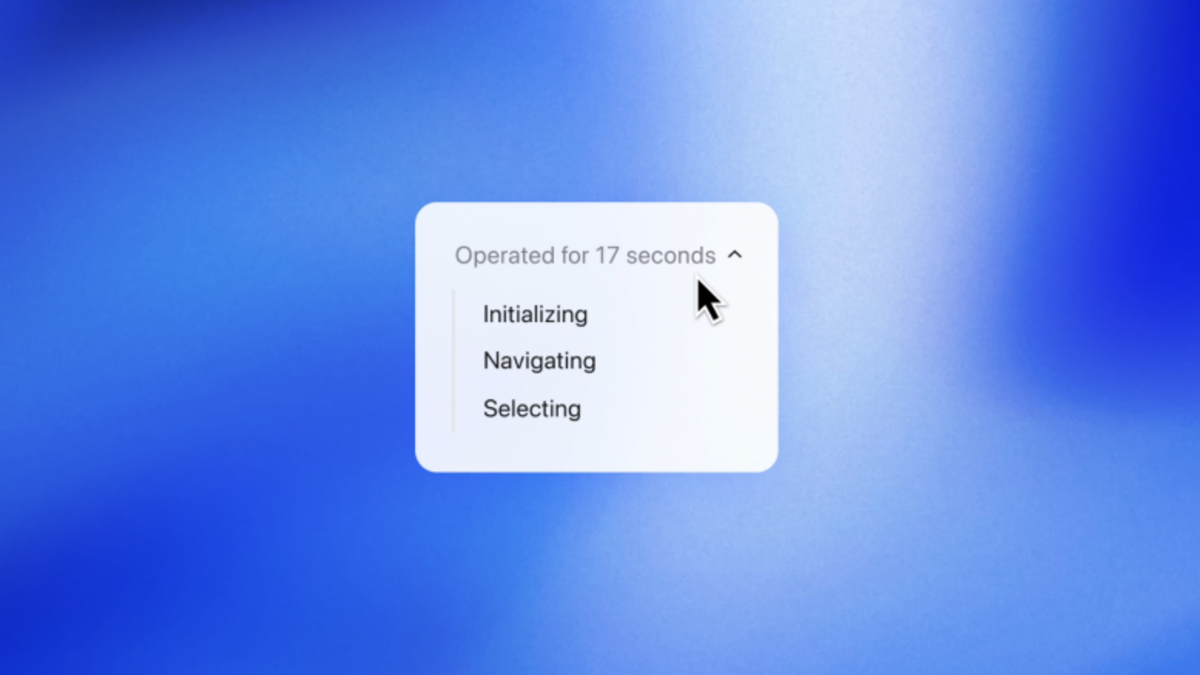
User forum
0 messages